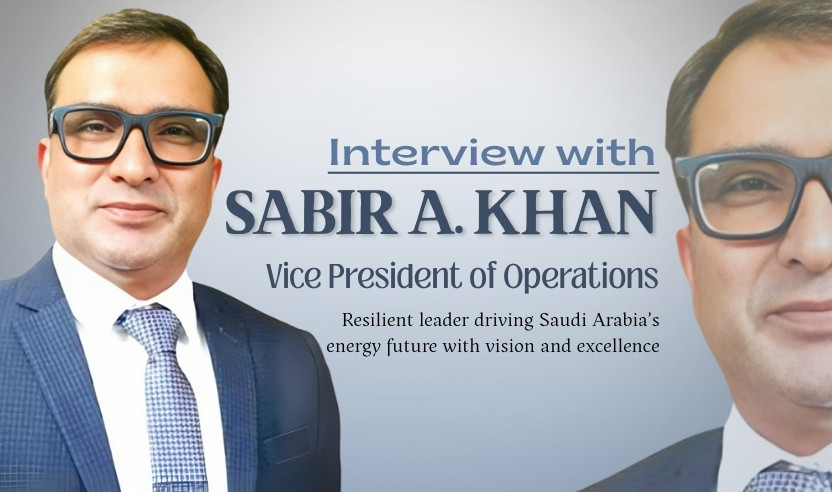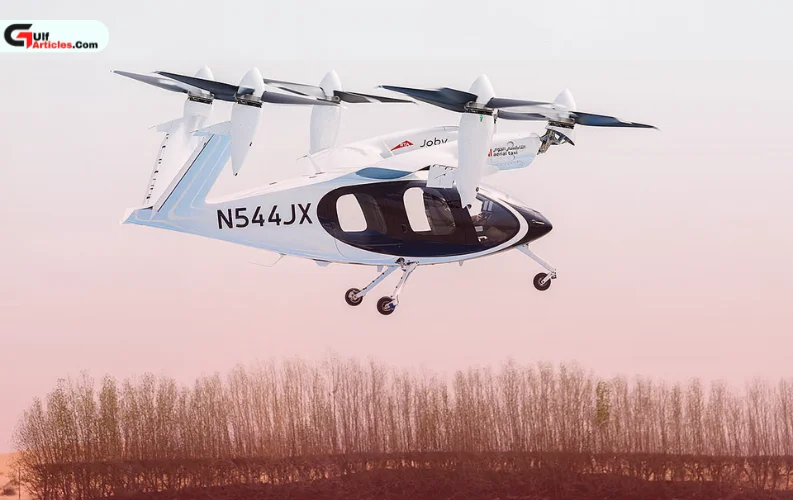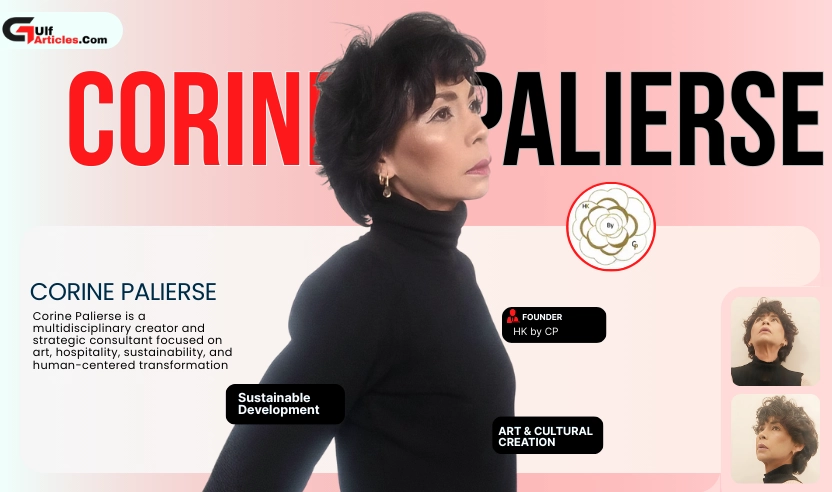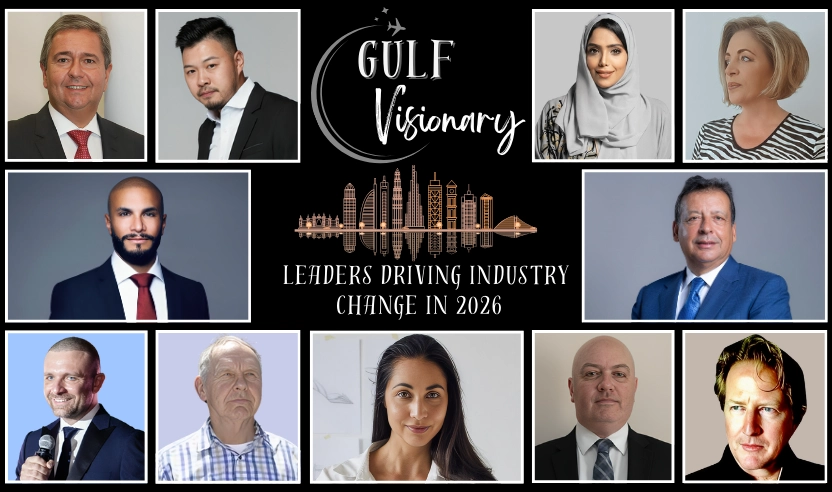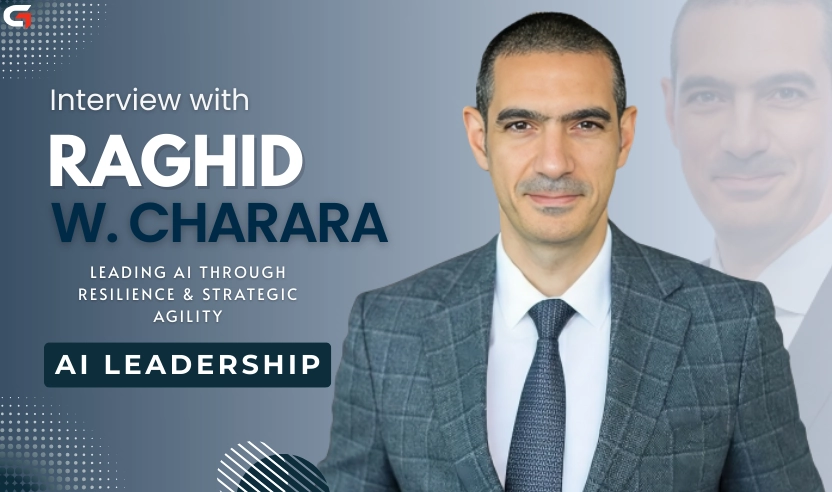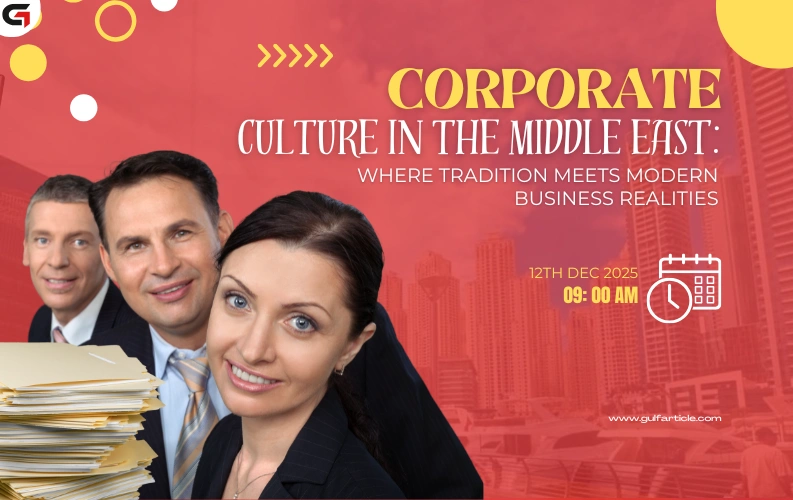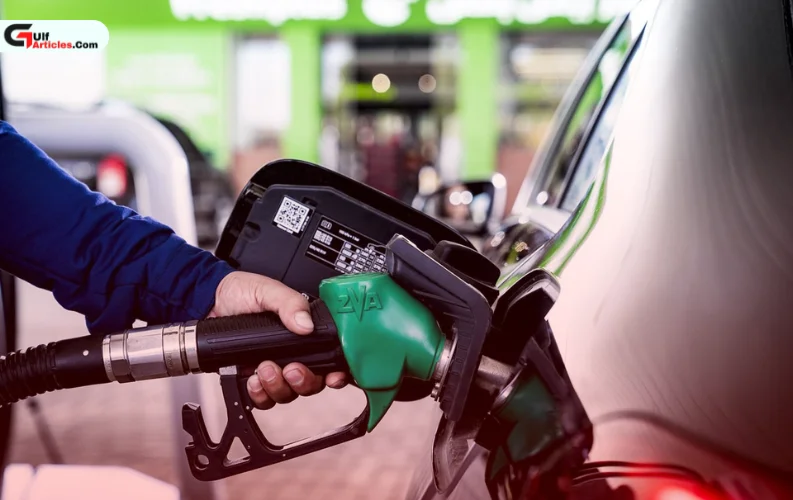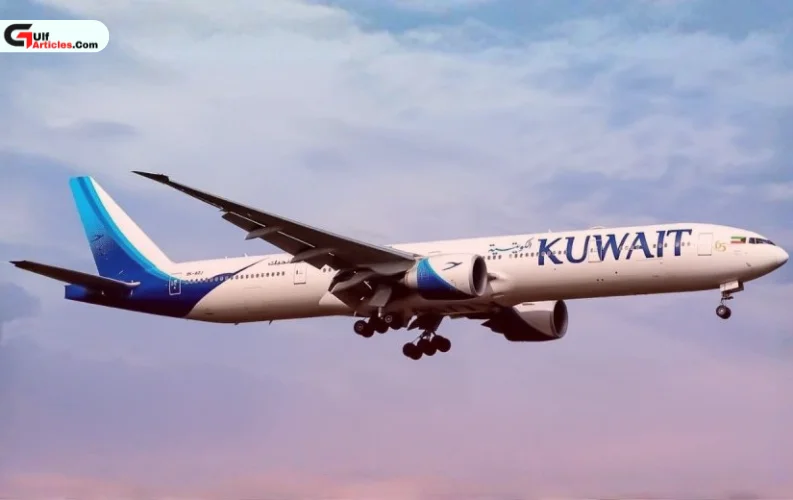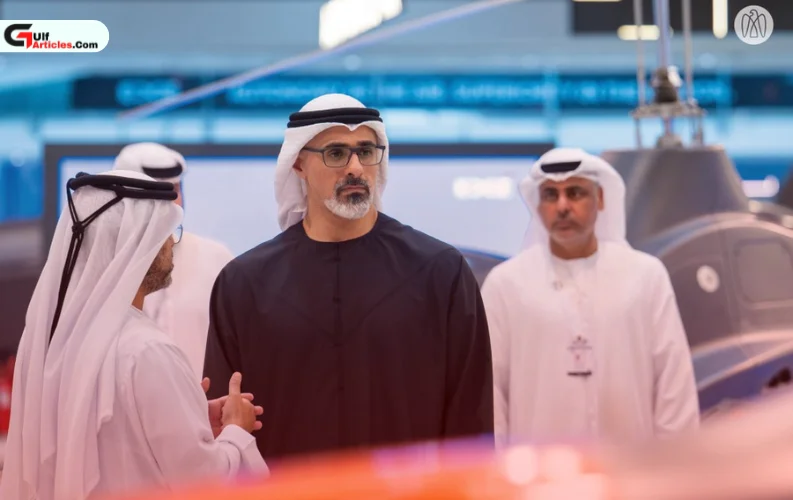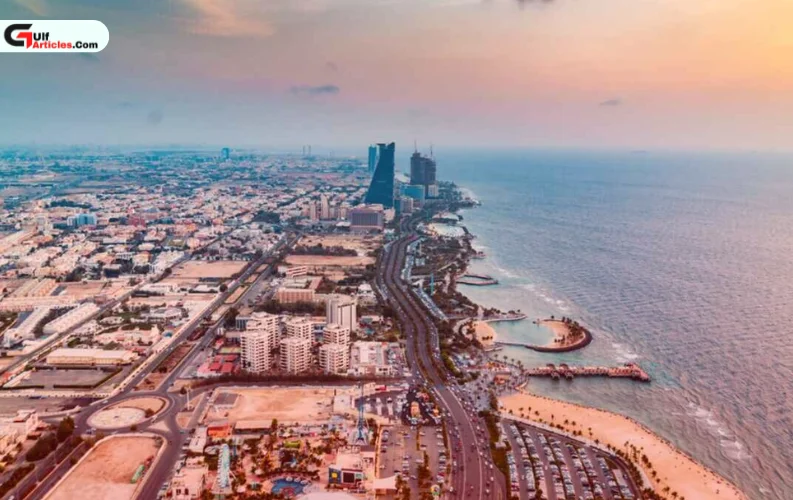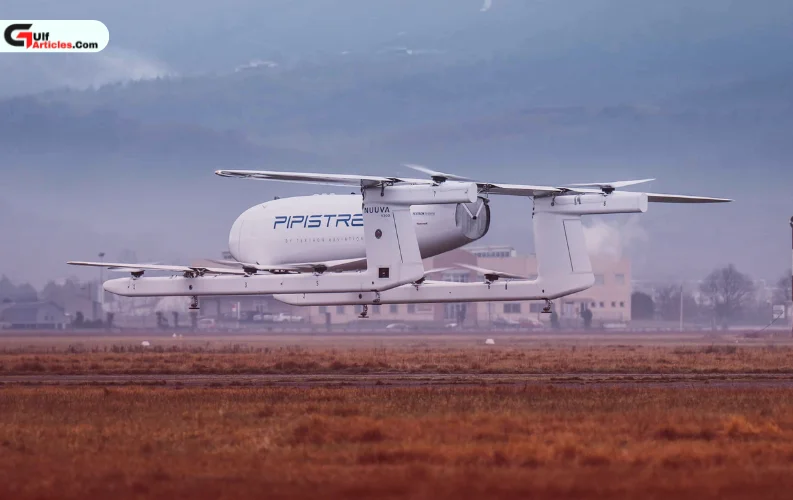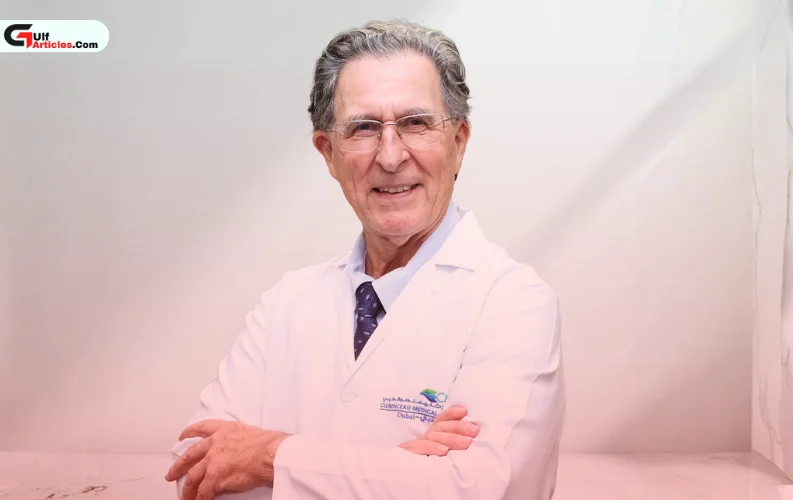Few leaders embody resilience, vision, and discipline as consistently as Sabir A. Khan. With nearly three decades of experience in Saudi Arabia’s oil & gas sector, his career reflects a remarkable journey from finance graduate to a trusted executive steering O&G multi-billion-dollar operations.
Mr. Khan’s early days navigating the complexities of project management to leading milestone initiatives under the Kingdom’s ambitious Vision 2030, his path has been defined by adaptability, technical mastery, and people-focused leadership. Today, as Vice President of Operations, Mr. Khan continues to play a vital role in shaping projects that not only strengthen the Kingdom’s energy backbone but also prepare it for a more sustainable future.
His story is one of steady growth and purposeful leadership, an inspiring account that offers valuable lessons for professionals at every stage of their careers.
Early Life and Career Foundations
Tell us about your early life, education, and career journey?
My background demonstrates the discipline, perseverance, and learning were always emphasized. These values were instilled in me from an early age, shaping both my personal and professional outlook. Growing up, I developed a strong appreciation for education, structure, and the importance of setting long-term goals. These principles not only guided my academic choices but also influenced the way I approached challenges later in life.
Academic journey culminated in an MBA with a specialization in Finance. That experience was pivotal, as it gave me a robust foundation in financial management, strategic planning, and organizational leadership. The program sharpened my analytical skills and taught me how to integrate numbers with the strategy, which later proved invaluable in my professional career. It wasn’t just about finance, it was about learning how to think critically, manage complexity, and align business decisions with broader organizational objectives.
Although my academic foundation was rooted in finance, life had a different plan. In 1996, I stepped into the Oil & Gas industry in Saudi Arabia. At first, I saw it as a promising opportunity, one that could challenge me in new ways. Very quickly, I realized it was more than just a job. The energy sector in the Kingdom was dynamic, fast-paced, and constantly evolving, and I found myself deeply drawn to the technical and operational aspects of it.
My career is a testament to resilience and steady progression. Beginning my professional journey in Saudi Arabia in a junior role, I advanced through the ranks by consistently demonstrating discipline, adaptability, and results-driven leadership. Rising to the executive level reflected not only technical expertise but also an enduring commitment to professional growth and the ability to thrive in one of the world’s most competitive energy markets.
The real turning point came in 2001 when I fully immersed myself in project operations for Oil & Gas in Saudi Arabia. What began as an accidental career move evolved into a lifelong passion. From then on, I dedicated myself to mastering the complexities of engineering, procurement, construction, and project management within one of the world’s most competitive markets.
Over the last 29 years, I have had the privilege of contributing to Saudi Arabia’s remarkable transformation in the energy sector. My portfolio spans some of the most significant midstream and downstream contracts in the Kingdom. These include milestone projects such as Haradh GOSP 2, SADARA, Shaybah NGL, Yanbu Export Refinery, Master Gas System Phase 2, Fadhili Downstream, EWPS and Southern HCIS Security Systems, Jafurah Unconventional Gas Field, Red Sea Development, Diriyah Gate Development, and NEOM. Each of these projects represents not just infrastructure but a piece of Saudi Arabia’s future, whether in strengthening energy independence, enhancing downstream capacity, or supporting the Kingdom’s Vision 2030.
I have managed both brownfield and greenfield developments for Saudi Aramco and other leading operators, consistently navigating the technical and financial complexities of EPC and PMC frameworks. Each assignment required ensuring that projects were delivered on time, within budget, and according to the highest global standards of safety, efficiency, and quality. This balance, between technical rigor and financial discipline, has defined my career journey and continues to guide me today.
Leading Operations in Saudi Arabia
What is your current role, and what do you enjoy most about your work?
Currently serving as the Vice President of Operations for one of the largest Saudi group of companies, a role that brings both enormous responsibility and incredible opportunities. I oversee a portfolio of multi-billion-dollar projects across the oil & gas sector, many of which are strategically significant not only for the company but also for the Kingdom as a whole.
At its core, my role involves steering the execution of some of the most complex and high-value EPC and PMC projects in the country. This requires ensuring alignment across every stage of the project lifecycle, from tendering and engineering to construction and final operations. In other words, my responsibility is to make sure that strategy translates into action and that vision becomes reality.
What I enjoy most about this role is the ability to influence both the micro and macro levels. On one hand, I work closely with teams to solve immediate operational challenges, whether a technical bottleneck, a resource allocation issue, or a stakeholder alignment need. On the other hand, I shape long-term strategies that enhance the company’s resilience, strengthen its market position, and align with Saudi Arabia’s broader energy objectives.
Beyond technical delivery, I am passionate about operational excellence, risk management, and sustainability. I believe that success today is not just about completing a project, it’s about building systems that endure. That means ensuring safety, efficiency, and resilience while also preparing the organization to adapt to the future of energy.
Perhaps the most rewarding aspect is the trust placed in me as an executive leader. Over the years, I’ve been recognized not only for my operational expertise but also for driving forward-thinking strategies. These include initiatives that strengthen infrastructure resilience, enhance operational safety, and optimize costs. This combination of technical depth and executive leadership has positioned me as a trusted voice in one of the world’s most competitive and demanding industries.
Proudest Professional Achievement
What has been your proudest professional accomplishment?
I’ve had the privilege of contributing to several high-profile oil & gas projects, but if I had to single out one accomplishment, it would be the development of structured handover systems between tendering and operations.
In many large-scale projects, the transition from tendering to execution can be one of the most vulnerable points. Miscommunication, scope misalignment, or incomplete documentation often lead to costly delays and disputes. Recognizing this, I introduced a streamlined framework that focused on three key areas:
-
Clear scope definition – ensuring that everyone understood what was included and excluded.
-
Decision logging – maintaining transparency so decisions were visible, documented, and trackable.
-
Risk management – proactively identifying and addressing risks before they escalated.
On one particularly complex project with aggressive timelines and multiple stakeholders, this system proved to be a game changer. It minimized ambiguity, accelerated approvals, and kept execution on track. Not only was the project completed ahead of schedule and within budget, but the approach itself was later adopted as a best practice across multiple other projects.
For me, that’s what makes it meaningful. The legacy of leadership is not just in individual successes but in creating frameworks, tools, and systems that outlive you and continue to deliver value for others. Seeing something you built become part of the organization’s DNA is an accomplishment that stays with you.
Overcoming Industry Challenges
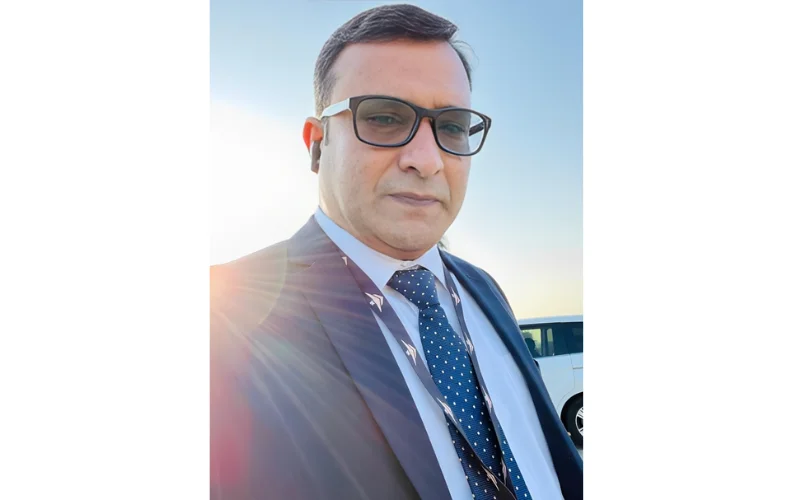
What is one major challenge you've faced in your career, and how did you overcome it?
One of the biggest challenges I’ve faced is managing scope creep and shifting priorities in high-stakes oil & gas projects. The scale and financial magnitude of these projects mean that even seemingly small scope changes can have significant implications, adding millions of dollars in cost, delaying timelines, or straining relationships between clients and contractors.
Early in my career, I witnessed firsthand how scope mismanagement could derail projects. Rather than accept it as “part of the business,” I decided to make it an area of strength. I developed a discipline around scope clarity and change management. This meant:
-
Defining what “done” looked like at the very beginning.
-
Logging every change request and evaluating it based on cost-benefit trade-offs.
-
Documenting decisions to ensure visibility and prevent misunderstandings.
This structured approach turned what was once a pain point into an opportunity for collaborative problem-solving. Instead of disputes, we had discussions; instead of blaming, we had data. Over time, I came to realize that challenges in this industry are rarely just technical, they are managerial and relational. Success comes from balancing systems, processes, and people skills.
That shift in mindset has helped me navigate countless projects with clarity and confidence.
Staying Ahead in a Competitive Sector
How do you stay ahead in your industry?
The oil & gas sector in Saudi Arabia is among the most competitive and technically demanding in the world. To stay ahead, one must constantly balance learning, adaptability, and foresight.
On the learning side, I actively keep up with new advancements in EPC/PMC frameworks, project management methodologies, and digital tools that enhance efficiency and transparency. Whether it’s AI-driven project monitoring systems or enhanced safety technologies, I make it a point to stay informed and open to adoption.
Equally, I learn from every project itself. Each client, each contract, and each execution phase offer lessons, sometimes in technical innovation, other times in stakeholder management. I also make it a habit to engage with people at all levels: peers, consultants, and even fresh graduates. Some of the best insights I’ve received have come not from textbooks but from real conversations with colleagues on the ground.
My MBA in Finance continues to play a role here as well. It allows me to connect operational execution with financial strategy, ensuring that decisions make sense not only technically but also commercially.
At the end of the day, what keeps me ahead is curiosity and openness to change. In this industry, technology, regulations, and market dynamics evolve constantly. The professionals who thrive are those who anticipate change, embrace it, and adapt before it becomes a necessity.
Role in Vision 2030 Transition
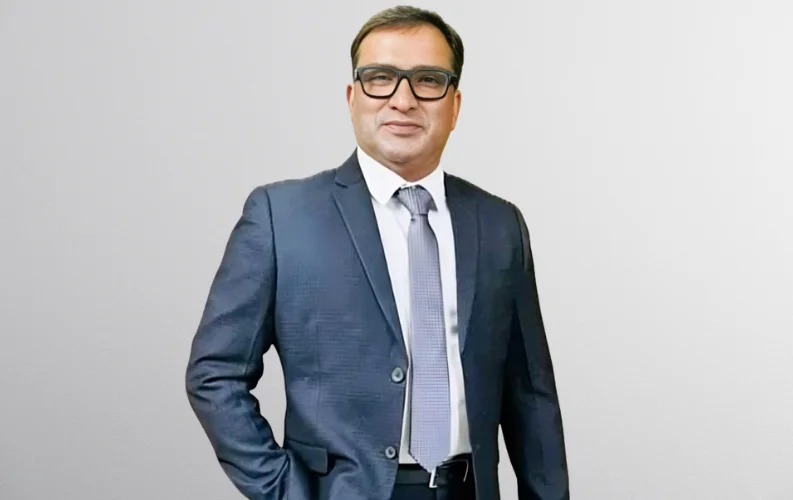
Saudi Arabia’s Vision 2030 is increasingly focused on PPP and BOOT models. How do you see your role in this transition?
Saudi Arabia’s Vision 2030 presents a transformative roadmap for the Kingdom, emphasizing economic diversification, private sector participation, and sustainable national development. The increasing focus on Public-Private Partnerships (PPP) and Build-Own-Operate-Transfer (BOOT) models is particularly exciting, as these frameworks effectively combine private sector innovation, efficiency, and investment capacity with public sector goals and societal impact.
Having worked extensively on EPC and PMC contracts across complex projects, I see my role in this transition as one of both strategic leadership and practical execution. I can help bridge the gap between private sector capabilities and public sector priorities, ensuring that projects are not only financially viable but also deliver tangible benefits to communities and the nation at large. My experience spans structuring contracts, managing multi-stakeholder engagements, and mitigating risks, critical skills for the successful delivery of PPP and BOOT initiatives.
Furthermore, while my experience originates in the Oil & Gas sector, I recognize that these models have far-reaching potential across infrastructure, utilities, transportation, and emerging sectors. I am particularly motivated by the opportunity to contribute to projects that create long-term economic value, enhance operational efficiency, and align with Vision 2030’s broader objectives, such as sustainable urban development, renewable energy expansion, and private sector empowerment.
In essence, I view my role as a facilitator of the Kingdom’s next phase of growth, leveraging my expertise to ensure that PPP and BOOT projects are executed with strategic vision, operational excellence, and societal impact at their core. These projects represent not just contractual achievements but the tangible building blocks of Saudi Arabia’s future.
Advice for the Next Generation
What advice would you give to young professionals aiming for success?
My advice to young professionals is grounded in four principles that I have lived throughout nearly three decades of my career: Consistency, Curiosity, Credibility, and Learning.
-
Consistency: Success rarely comes from a single breakthrough; it is built through disciplined, everyday actions. Deliver on your promises, meet your deadlines, and maintain a steady commitment to excellence. Over time, this consistent effort builds a reputation of reliability and trustworthiness that becomes your professional foundation.
-
Curiosity: Lifelong curiosity is the engine of growth. Ask questions, explore areas beyond your immediate responsibilities, and seek mentorship from those with diverse experiences. Curiosity helps you connect the dots, anticipate trends, and prepare for opportunities before they arise.
-
Credibility: Your reputation is one of your most valuable assets. In industries such as oil & gas or infrastructure, transparency, clear communication, and accountability are key. When colleagues and stakeholders trust that you perform under pressure, doors naturally open to new responsibilities and leadership opportunities.
-
Learning: Above all, adopt learning as a guiding principle. Learning is more than acquiring technical skills, it’s about developing a mindset that embraces challenges, reflects on experiences, and continuously improves. Seek feedback actively, analyze both successes and failures, and remain open to adapting your approach. A strong learning attitude ensures that you are always evolving, capable of navigating complex situations, and prepared to contribute value in ways that may not yet be defined.
In essence, building a career is a journey of small, deliberate steps, fueled by curiosity, credibility, and a commitment to continuous learning. Those who cultivate these principles position themselves not only for success but for meaningful impact.
Conclusion: A Legacy of Vision and Discipline
Sabir A. Khan's journey illustrates how consistency, curiosity, and credibility can build a lasting legacy in one of the world’s most demanding industries. His leadership reflects the power of discipline and vision, qualities that have guided him through nearly three decades of transformative contributions to Saudi Arabia’s energy landscape.
As the Kingdom accelerates its energy transition under Vision 2030, leaders like Mr. Khan will remain central to shaping sustainable growth, innovation, and resilience. His career reflects not only past achievements but also a continued commitment to driving progress in the years ahead.
In the end, Mr. Khan’s legacy is defined not just by the projects he has completed, but by the systems, values, and principles he leaves behind, tools that will continue to inspire and guide future generations of professionals in the oil & gas sector and beyond.
You may also like:-



